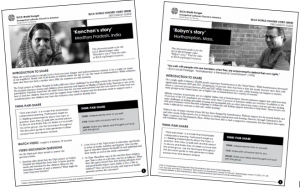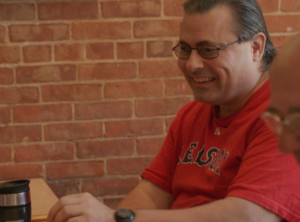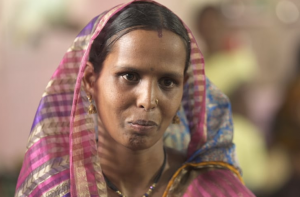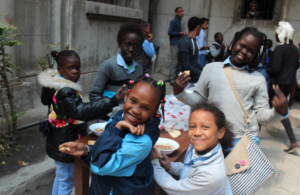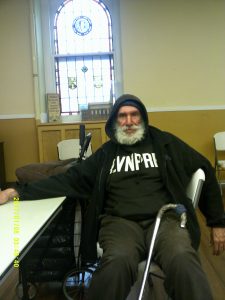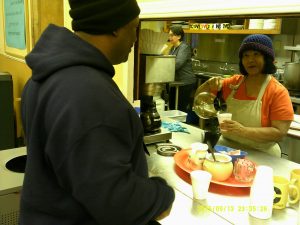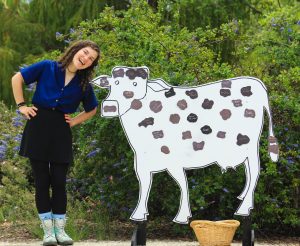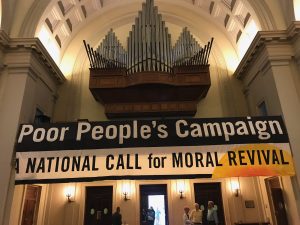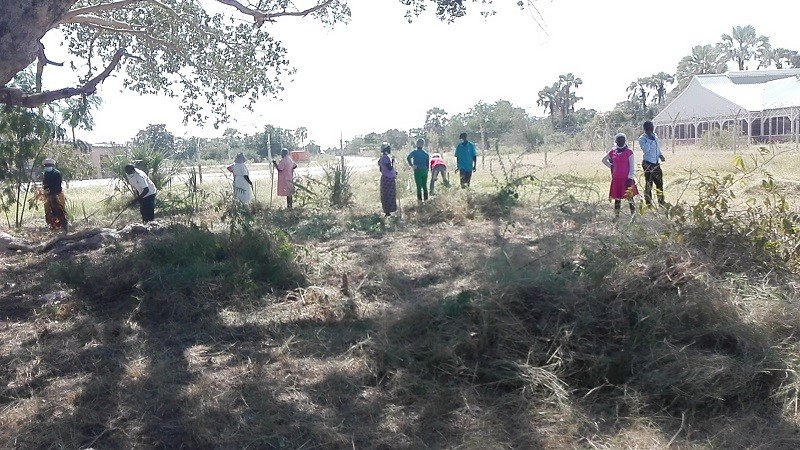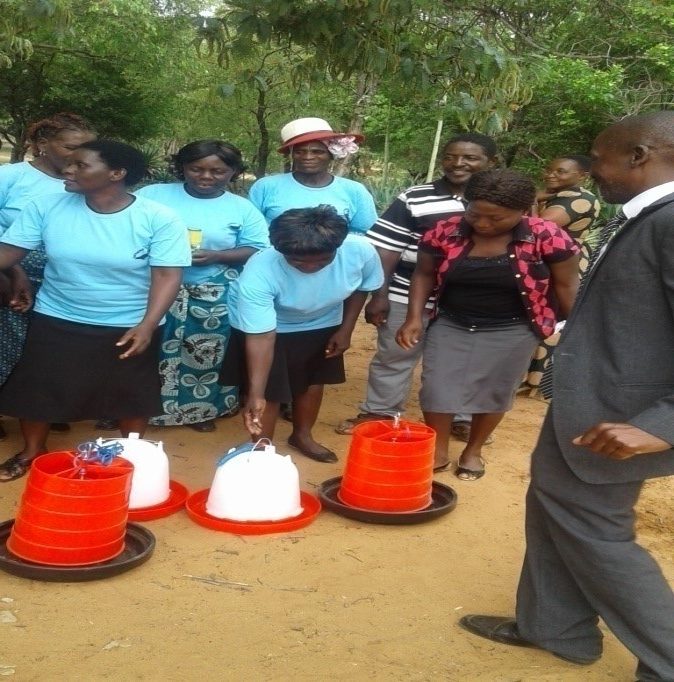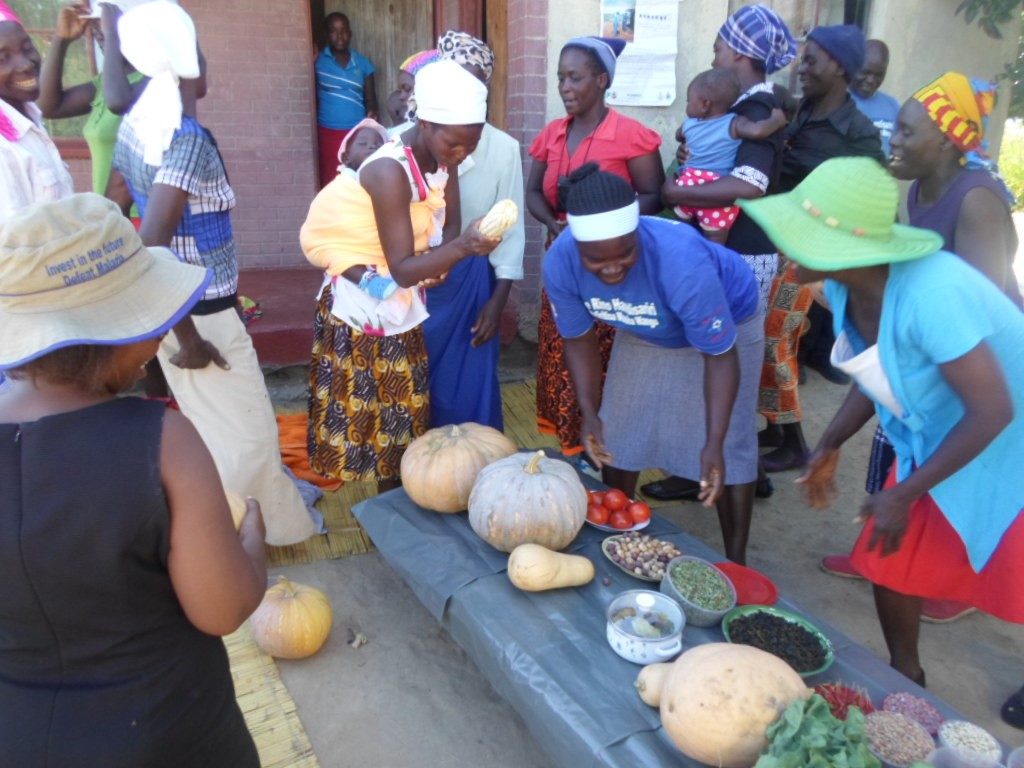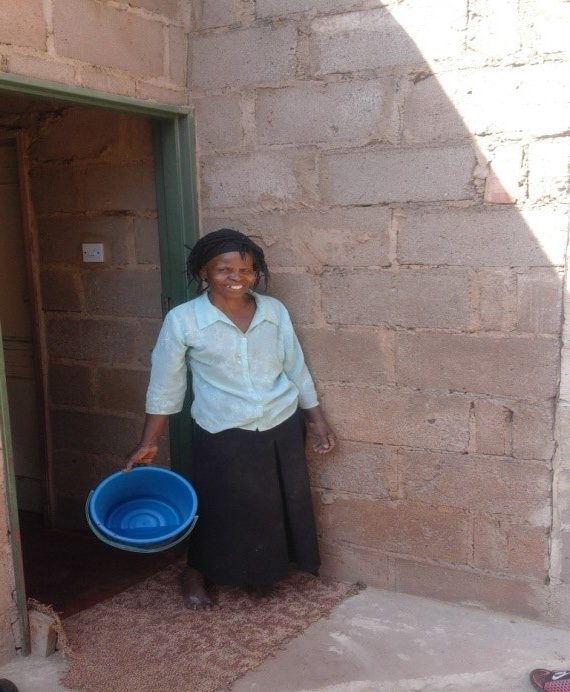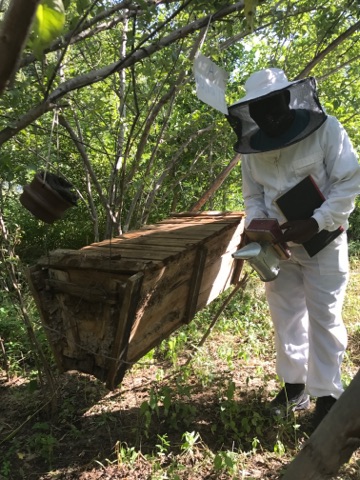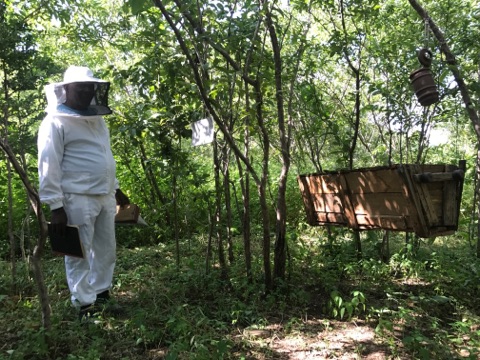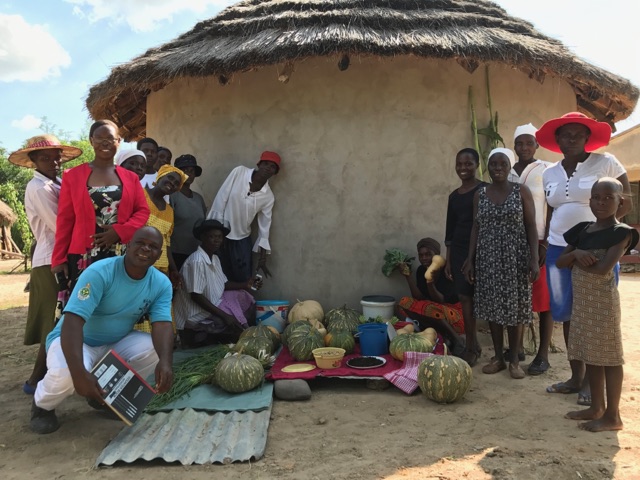Applying for citizenship or the right to extend your stay as an immigrant in the United States has never been the easiest process, but it’s about to get much harder for many families. This week, the United States Department of Homeland Security proposed a change in the way visas and green cards are handled. The proposed change would alter the definition of what constitutes a “public charge” and may have significant effects on our immigrant neighbors in the US.
What is a “public charge”?
Under current policies, immigrants seeking to come to or stay in the US and non-citizen residents must demonstrate that they are able to sustain themselves financially. The “public charge” rule is designed to exclude immigrants who are likely to become “public charges,” that is, who may have to rely on public assistance to support themselves and their families. Participation in certain programs is understood to be evidence that someone is likely to become (or already is) a “public charge.” Under the current policy, these programs include Temporary Assistance for Needy Families (TANF, which provides a modest cash benefit to people in poverty), government-funded long-term institutional care, and Supplemental Security Income (SSI, which primarily goes to people with disabilities.)
What is the proposed change?
Under the proposed change in “public charge,” participation in many other programs will be included as negative marks against applications for admission into the US and for the extension or change in visas. If enacted, immigrants who have used the Supplemental Nutrition Assistance Program (SNAP; formerly food stamps), non-emergency Medicaid, and housing assistance (including Section 8) in the 36 months prior to application can be deemed a likely “public charge” and have their application denied. (This will be in effect after the rule is implemented. People who have used these programs prior to the rule change will not be affected.)
What will be the effects?
The consequences of the rule change could be vast. What is likely to happen is that immigrants who need the support of programs like SNAP, Medicaid, or Section 8 will not use them out of fear that it will hurt their chances at extending their visas or renewing their green card.
What is important to remember is the wide swath of residents this applies to. It’s sometimes easy for US citizens to forget the broad diversity of immigration statuses, including student visas, employment visas, and families with citizen children and non-citizen parents. Individuals and families in any of these groups potentially could be impacted by the change.
Who uses SNAP?
SNAP is one of the most reliable federal safety net programs for helping people facing food insecurity get through tough economic situations. About 11.7 percent of people in the US rely on SNAP, according to the US Census Bureau. Contrary to rhetoric that suggests people receiving public assistance don’t work, about 79 percent of households receiving SNAP in 2017 had at least one person working in the year they received benefits. By contrast, of the households which did not receive SNAP in 2017, about 86.1 percent had at least one worker. The difference is far from huge. Often, households rely on SNAP to supplemental insufficient income or to pay for food when there is no work, such as during seasonal down-times.
In terms of citizenship status, in 2017, 11.2 percent of native-born US citizens relied on SNAP, while 17.1 percent of foreign-born non-citizens received SNAP. It’s important to remember that undocumented immigrants are not eligible for SNAP benefits, and most documented non-citizens working in the US pay taxes that fund SNAP.
Learn More
As people of faith, we are called to remember our own migration (Deuteronomy 10:19) and to treat other immigrants with the same concern we would show citizens: “The alien who resides with you shall be to you as the citizen among you; you shall love the alien as yourself, for you were aliens in the land of Egypt” (Leviticus 19:34). This proposed rule change will directly harm our neighbors as they work to build new lives in the US.
Join ELCA Advocacy and ELCA World Hunger for a webinar on Wednesday, September 26, at 3 PM ET/2 PM CT to:
- Understand Public Charge and the repercussions of the proposed rule change for immigrants;
- Hear why Lutherans are engaged on the issue; and
- Learn how you/your ministry/congregation can submit public comments.
Register for the webinar here.

